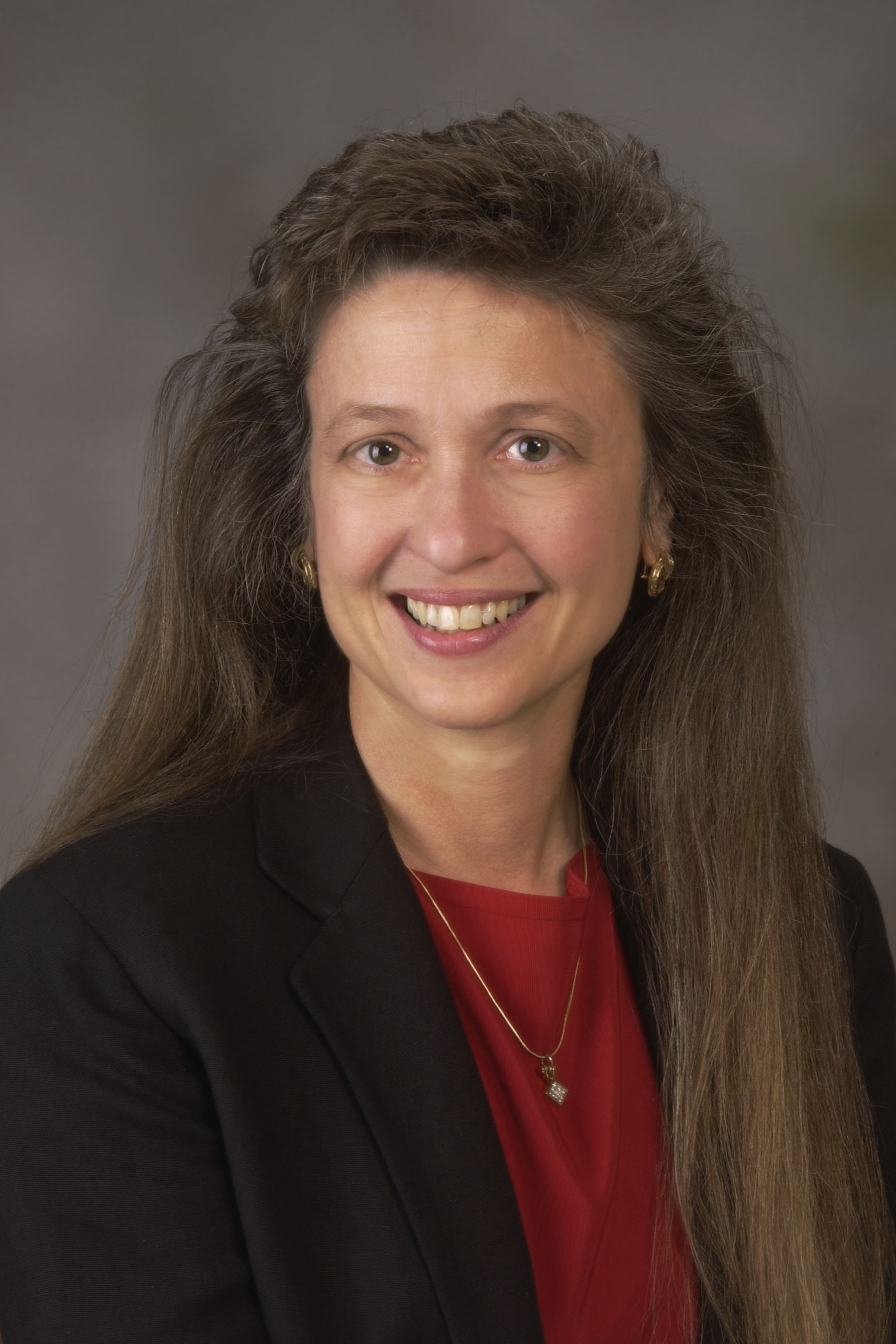Karen Roberto named director of Institute for Society, Culture and Environment

After two years as interim director, Karen A. Roberto has been named director of the Institute for Society, Culture and Environment, it was announced by Provost Mark McNamee.
“Dr. Roberto is providing outstanding leadership for this institute and she has found creative ways to expand research opportunities for our faculty, students, and staff in the humanities, socials sciences, and the arts,” said McNamee. “Our university strategic plan calls for increased investments and growing expectations for these areas. Karen has the experience, vision, and commitment to move us forward”.
The institute is tasked with strengthening the university’s competitive position in the social sciences, humanities, and arts. It provides organizational and financial support for targeted creative, interactive, multi- and interdisciplinary research endeavors.
“I am honored to provide leadership for the continued growth and development of the institute,” said Roberto. During its formative years, the institute adopted five working thematic areas of research and scholarship that capture, focus, and leverage the university’s key strengths as they relate to the issues of social and individual transformation: global issues and economics; human development and behavioral health; rhetoric, representation, and public humanities; social complexity and individual risk; and community arts, built environments, and urban formations.
“There is great need for interdisciplinary research and scholarship that addresses the multitude of complex issues facing the world today,” said Roberto.
The Institute for Society, Culture and Environment represents intentionality about social, behavioral, humanistic, and creative research endeavors that is interdisciplinary and not easily replicated by individual departments and colleges. Roberto says she sees part of her role as “facilitating collaborative relationships among faculty across the university and working with the university’s other major institutes and centers to build successful research teams.”
Given the range of academic disciplines, research and scholarly pursuits, and artistic endeavors that the institute promotes, Roberto and her team, including David Orden, director of the institute’s Global Issues Initiative, and Senior Research Fellow Jay Mancini, have implemented a variety of strategies to support faculty and departments including providing start-up funds for new faculty, funding release time and data collection for faculty teams preparing grant proposals, and developing an affiliate network and special interest groups. In September, the institute held its first summit on issues of lifespan development, transformation, and change in Switzerland at the university facility in Riva San Vitale. Eight faculty members from Virginia Tech were joined by 12 faculty members from universities in Canada, Dublin, and England to present their research and to begin the process of developing collaborations on future projects.
The Institute for Society, Culture and Environment serves as an important pivot point for researchers at all ranks. “By investing in senior and grant-savvy faculty as well as novice proposal writers and junior faculty, the institute is helping build the capacity of Virginia Tech to be more competitive in externally funded arenas in the future,” said Roberto.
Members of the institute’s stakeholder’s committee includes the college deans most closely associated with the institute, Sue Ott Rowlands of the College of Liberal Arts and Human Sciences, Lay Nam Chang of the College of Science, Jack Davis of the College of Architecture and Urban Studies, and Richard Sorensen of the Pamplin College of Business. Other members include Jim Bohland, vice president and executive director, National Capital Region; Karen DePauw, vice provost for graduate studies and dean of the Graduate School; Robert Walters, vice president, Office of the Vice President for Research; and Tim Luke, University Distinguished Professor of Political Science, University Senior Fellow for the Arts, Humanities, and Social Sciences.
Ott Rowlands, chair of the institute’s stakeholders’ committee, noted that “Dr. Roberto has extensive experience as a research administrator and is known for her ability to promote highly collaborative interdisciplinary research teams. I have no doubt that [the Institute for Society, Culture and Environment] will continue to flourish under her leadership.”
Roberto also is director of the university's Center for Gerontology, bringing in over 2 million in research dollars in the last 12 years. A professor in the Department of Human Development, Roberto is an internationally known researcher and educator. She has published, in collaboration with faculty and students, more than 100 peer-reviewed journal articles and book chapters and is the editor/author of eight books. A Fellow of the Gerontological Society of America, the Association for Gerontology in Higher Education, the National Council on Family Relations, and the World Demographic Association, Roberto was named the Gordon Streib Academic Gerontologist Award winner by the Southern Gerontological Society in 2004 and honored with the University Alumni Award for Excellence in Research at Virginia Tech in 2006.




